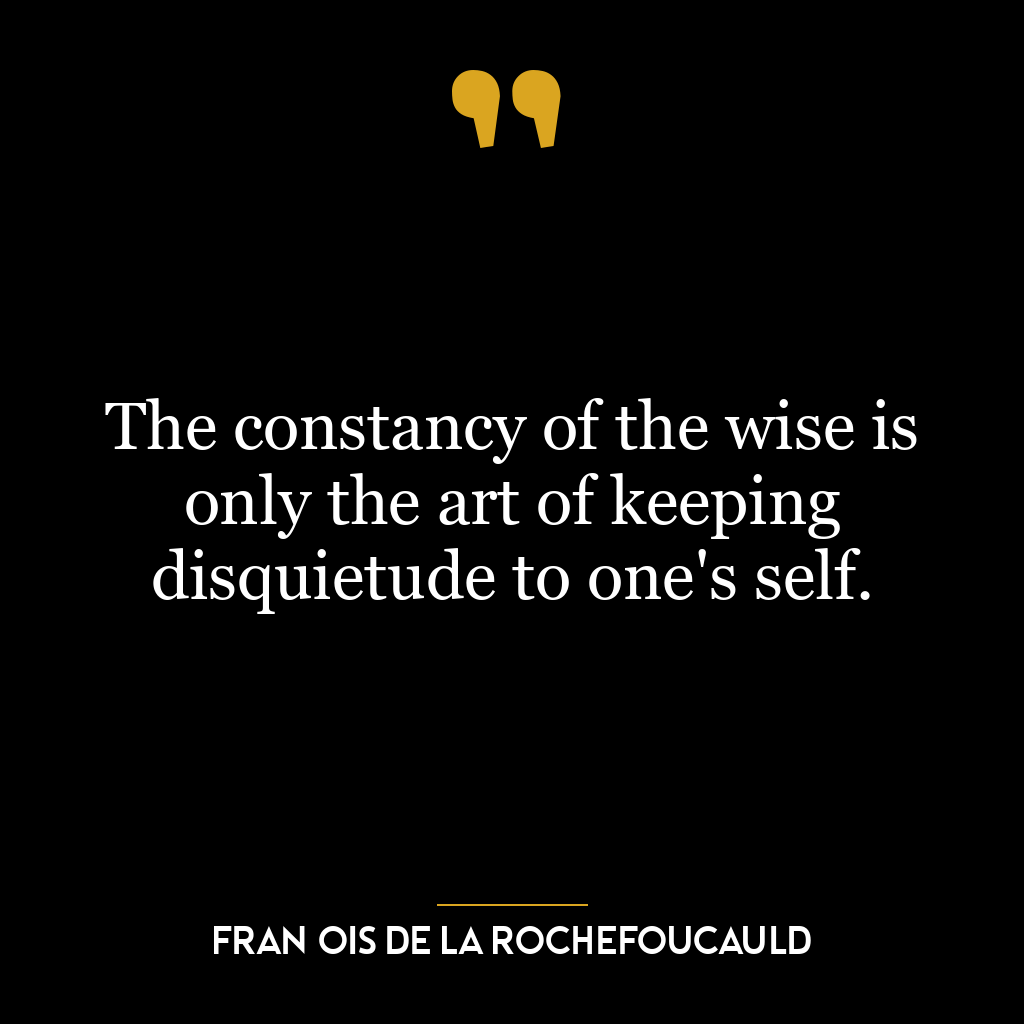This quote suggests that the fundamental truths or principles of life, as discovered or taught by the first philosophers, remain constant and have to be reiterated by the succeeding philosophers or thinkers. This is because these truths are universal and timeless, not subject to change with the passage of time or advancement of technology.
The quote implies a cyclical nature of wisdom and knowledge. It suggests that despite the evolution of thought and society, the core understanding of life and existence remains the same. The wisdom of the first philosopher is still relevant and needs to be repeated by the last, indicating the importance of revisiting and relearning the foundational principles of life and philosophy.
Applying this quote to today’s world, it could mean that despite rapid advancements in technology and society, the basic principles of human behavior, ethics, and morality remain unchanged. For example, the Golden Rule of treating others how you want to be treated, a principle echoed by many philosophers and religions, remains relevant today.
In terms of personal development, this idea can be interpreted as the need for individuals to constantly revisit and reinforce their foundational beliefs and values. In the pursuit of growth and success, one might get swayed by trends or external influences. However, it’s essential to stay grounded in one’s core values as they serve as guiding principles in life. This could also mean that in our quest for knowledge and wisdom, we shouldn’t disregard the lessons of the past but instead, build upon them.
In conclusion, Thoreau’s quote emphasizes the enduring nature of philosophical wisdom and the importance of revisiting foundational truths, a concept that holds relevance in both societal evolution and personal development.










